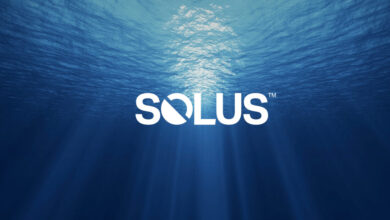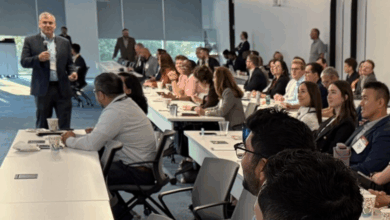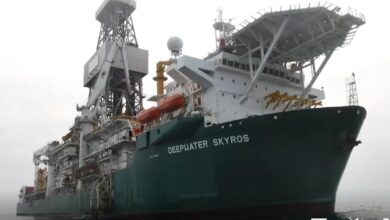Drilling Ahead: When bad things happen to good teams
By Linda Hsieh, managing editor
Why do bad things happen to teams with stellar safety histories? Why is it that a rig can go along for years with outstanding HSE metrics, then one day, seemingly out of the blue, succumb to a terrible incident that shatters lives and causes untold environmental damage? Did luck simply run out, or were there underlying factors that went unnoticed and uncorrected?
Astronaut Mike Mullane, who completed three space shuttle missions between 1984 and 1990, recently spoke at the IADC HSE&T Conference about a phenomenon known as normalization of deviance. It happens over time as individuals and teams that operate under pressures – often related to budgets or schedules – rationalize decisions to take shortcuts from best practices. In most cases, they will get away with it, and this leads them to think it was a right decision. The next time they’re in the same situation, they will be tempted to take the shortcut again. Over time, this deviance evolves into the norm, and the team is oblivious to how far it has strayed from best practices – until disaster strikes.
To prevent yourself and your team from falling victim to this phenomenon, the first line of defense is recognizing your vulnerability. “If it can happen to NASA, it can happen to anybody,” Mr Mullane said, referring to the Challenger and Columbia disasters that killed 14 astronauts.
Leaders also must recognize that can-do attitudes, on which many teams pride themselves, can be a double-edged sword. Aggressive problem-solving attitudes should not push workers into taking shortcuts in the name of getting the job done. “Remember, past miracle-making isn’t going to guarantee future miracles,” Mr Mullane said.
Finally, organizations should implement processes to archive and periodically review near-misses and past incidents. It’s only been four years, and the sting from Macondo is already starting to fade. So what about in 10 years? In 20 years? Columbia happened 17 years after Challenger and was a repeat of normalization of deviance. “Imagine the corporate memory loss,” Mr Mullane said.
As retirees walk out the door, taking with them decades of experience and wisdom, the drilling industry must find a way to keep the lessons learned from Macondo and other incidents fresh in its collective memory. Otherwise, it will be condemned to learn those lessons all over again.
Linda Hsieh can be reached at linda.hsieh@iadc.org.
Click here to view a video with astronaut Mike Mullane and DC associate editor Joanne Liou.




